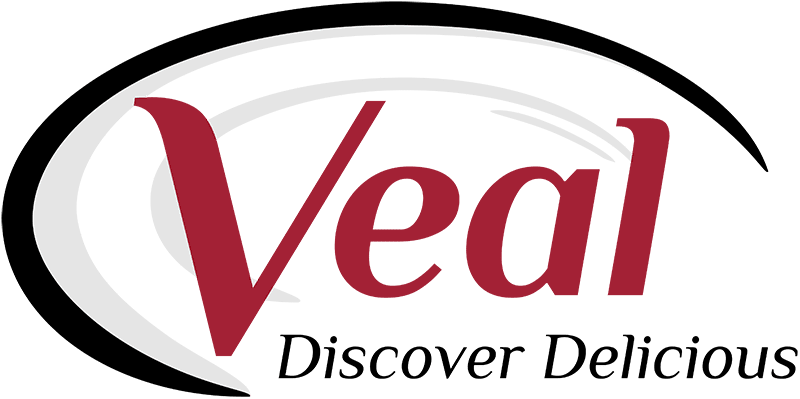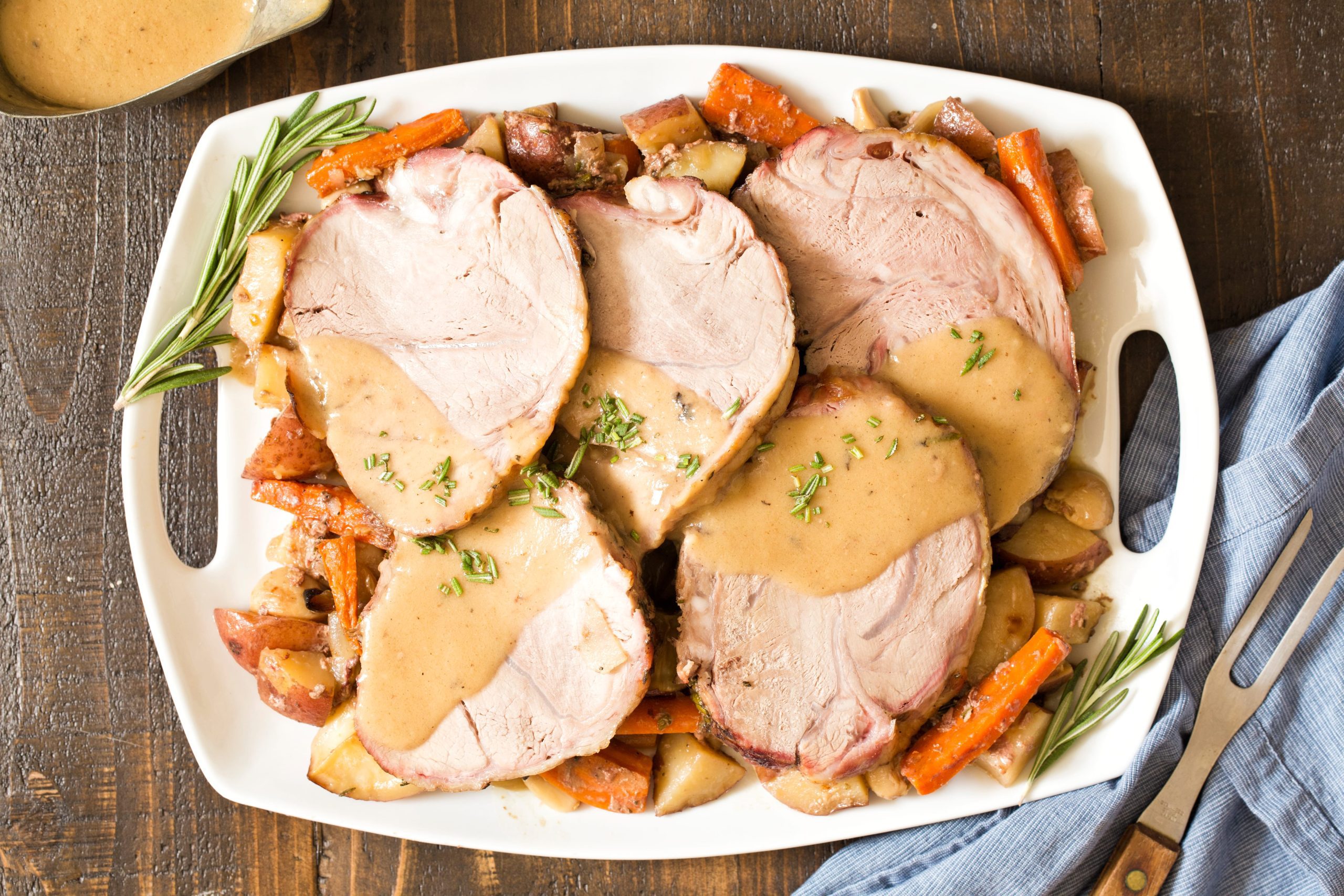January Veal Blog
Promotions
Veal Promotions funded by The Beef Checkoff will promote “Veal for Valentine’s Day”.
The campaign will feature a new “Sweetloaf” veal recipe, photography and video.
A distributor sales incentive contest for New York City restaurants, and a release sent nationwide to a targeted list of food magazines and food reporters will push out veal’s messaging to reach key influencers.
The recipe, photography, video, logo lock-up and social media calendar will be shared with state beef councils, packers, processors and foodservice distributors. A social media push on Twitter, Facebook and Instagram will help extend veal’s reach and engagement.
Veal Quality Assurance
Save The Date: VQA Training Webinar Set for February 27. A 90-minute VQA training webinar is planned for industry representatives on Tuesday, February 26 from 3 to 4:30 pm Eastern. Veterinarian Marissa Hake and nutritionist, Dr. Sonia Arnold along with VQA program manager, Donna Moenning, will review Best Management Practices for the VQA program and answer your questions. The Beef Checkoff funded educational training webinar is specifically for industry professionals including those with BQA and National Dairy FARM responsibilities, animal nutritionists, veterinarians, feed and veal company representatives and others with VQA responsibilities locally. This is not intended as a grower certification webinar. Watch for more details in the coming weeks to register for the webinar.
Industry News
AVA Assesses Impact of Passage of Proposition 12 in California.
With passage of Proposition 12 in California, there is great uncertainty regarding who will be able to supply veal to California. Under the mandate from California, by January 1, 2020, any veal intended for sale in California will need to come from barns that provide 43 square feet per calf, regardless of the age and size of the calf.
Meat and Poultry Industry Achieves Lowest-Ever Incidence Rate for Non-Fatal Occupational Injuries and Illnesses. U.S. meat and poultry packers and processors continued to make significant progress in workplace safety in 2017, as the newly released Bureau of Labor Statistics (BLS) incidence rate for non-fatal occupational injuries and illnesses reached an all-time industry low.
In 2017, there were 4.8 cases of occupational injuries and illnesses per 100 full-time workers in the meat and poultry sector. This figure represents an improvement from the previous industry low of 5.3 cases of occupational injuries and illnesses per 100 workers recorded in 2016. Historic BLS data reveal that the meat and poultry industry has continued to make considerable worker safety progress, as the number of non-fatal occupational injuries and illnesses decreased more than 53 percent in the past 12 years.
The most serious injuries, those included in the “Days Away, Restricted, or Job Transfer (DART)” rate, totaled 3.6 cases per 100 workers, and matched the lowest rate ever recorded for the meat and poultry industry. In 2016, the DART incidence rate was 4.4 cases per 100 full-time workers.
AMS Publishes National Bioengineered Food Disclosure Standard Final Rule. The Agricultural Marketing Service (AMS) published a final rule December 21 to implement the National Bioengineered (BE) Food Disclosure Standard (law) enacted by Congress in July 2016. The final rule reiterates the law’s provision that a food derived from an animal is not considered a BE food solely because the animal consumed feed produced from, containing or consisting of a BE substance. Also consistent with the law, the final rule states meat and poultry products with multiple ingredients are not subject to BE disclosure if the first item in the ingredient declaration is a federally inspected meat or poultry product. The rule, however, requires BE disclosure for meat and poultry products if the most predominant ingredient of the food would independently be subject to the Food, Drug and Cosmetic Act (FDCA) labeling requirements, or if the food’s most predominant ingredient is broth, stock, water or a similar solution and the second most predominant ingredient would independently be subject to FDCA labeling.
In addition, the final rule establishes a threshold for the “inadvertent or technically unavoidable presence of bioengineered substances of up to five percent for each ingredient,” but does not allow for an intentional BE presence. Furthermore, AMS resolved the “highly refined ingredient” debate, concluding, “For refined foods that are derived from bioengineered crops, no disclosure is required if the food does not contain detectable modified genetic material.”
The rule’s effective date is February 19, 2019, with a general implementation date of January 1, 2020, and an extended implementation date of January 1, 2021, for small food manufacturers. Entities responsible for bioengineered food disclosure are required to comply with the rule by January 1, 2022.
FDA Finds Sustained, Significant Progress in Sales and Distribution Data for Antimicrobials Used in Food-Producing Animals. An annual report released by the Food and Drug Administration (FDA) revealed significant declines in both the sale and distribution of antimicrobials for use in food-producing animals in 2017. According to the report, 2017 domestic sales and distribution of antimicrobial drugs decreased 33 percent compared to 2016. Meanwhile, U.S. sales of medically important antimicrobials approved for use in food animals declined by 41 percent since their peak in 2015, and fell by 28 percent since 2009, the first year of reported sales. Tetracyclines, which represented the largest volume of domestic sales of medically important antimicrobials, decreased by 40 percent from 2016 to 2017.
Each year, animal drug companies are required to report to FDA antimicrobial sales and distribution data as mandated under the Animal Drug User Fee Act. The 2017 Summary Report is the first to include data submitted following full implementation of Guidance for Industry (GFI) #213, which eliminated all production uses of medically important antimicrobials in the feed or drinking water of food-producing animals, and required that such drugs be used only for therapeutic purposes under veterinary oversight.
Regulatory Affairs
FDA Issues Final Rule Amending Regulations Regarding the Nutrition and Supplement Facts Labels. The Food and Drug Administration (FDA) issued a final rule that provides technical amendments to the two regulations concerning Nutrition Facts and Supplement Facts labeling that were published May 27, 2016. The amendments correct errors made in some sample label illustrations, restore several inadvertent deletions, correct citations to three cross-references and remove a sentence regarding the font size and bolding requirement for the “Calories” declaration in dietary supplement labels. The technical amendments also make other minor revisions, including correcting spelling errors. The final rule became effective December 21, 2018. The law firm Hogan Lovells wrote a memorandum summarizing the amendments.
Meetings, Events and Education
NAMI to Host Meat Pavilion at NGA Show. The North American Meat Institute, a contractor to the Beef Checkoff, will host a Meat Pavilion as part of the 2019 National Grocers Association (NGA) Show, February 24-27, 2019, at the San Diego Convention Center in San Diego, California. The 2019 NGA Show convenes independent retailers, wholesalers, food retail industry executives and food manufacturers to highlight cutting-edge tools, marketplace trends and best practices facing the independent grocery industry. For additional information or to exhibit in the pavilion, contact Director of Conference Services and Sponsorships Robin Troy at RTroy@meatinstitute.org or 202/587-4242.














